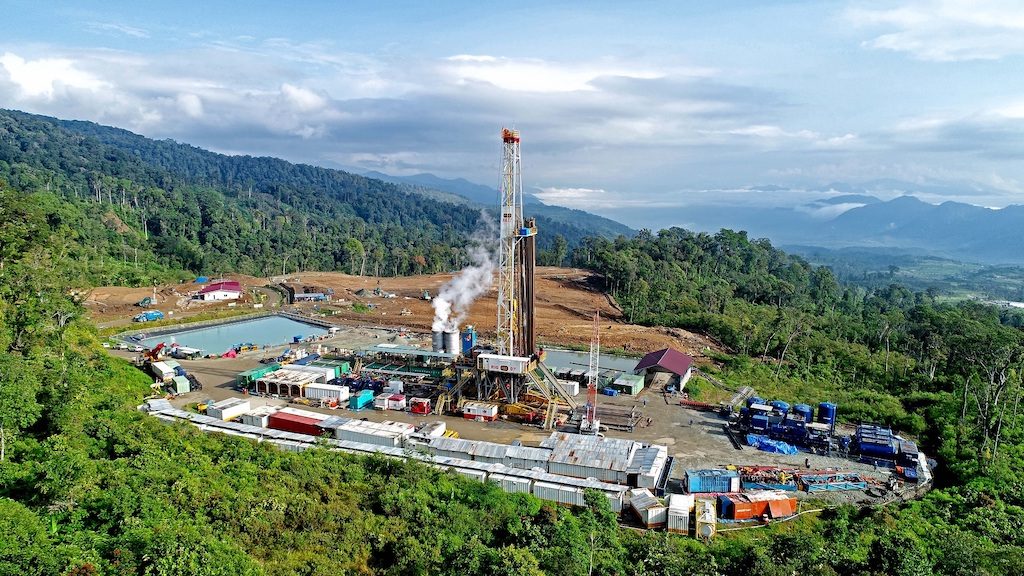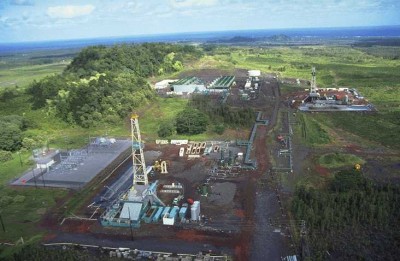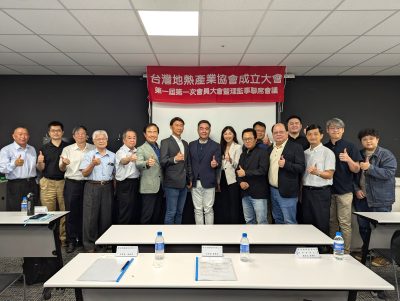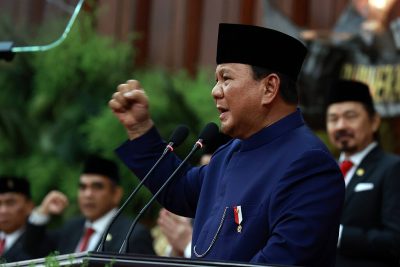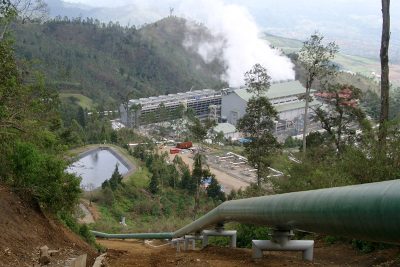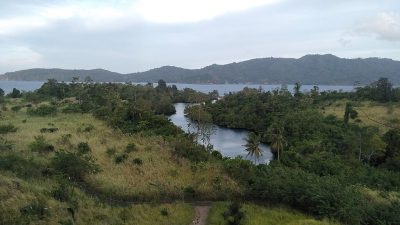New Job Creation Law strengthens role of central government for geothermal in Indonesia
A new Job Creation Law announced today in Indonesia, is strengthening the role of the central government of Indonesia on geothermal development, such as policy setting, regulation, licensing, supervision, exploration, utilisation etc.
News from Indonesia report today about a new Job Creation Law that strengthens the authority of the central government in geothermal development in Indonesia.
The Job Creation Act (UU) also targets the new and renewable energy (EBT) sector, particularly geothermal. In this latest regulation, the central government has various strategic powers related to the development and utilization of geothermal energy in Indonesia.
In Article 41, the Job Creation Law makes several changes to provisions in Law Number 21 of 2014 concerning Geothermal Energy. One of the changes is in Article 6. It is written here that the authority of the central government in managing geothermal energy includes:
- National policy making
- Geothermal regulation
- Geothermal related business licensing
- Establishment of norms, standards, guidelines, and criteria for direct utilization of geothermal business activities
- Guidance and supervision
- Management of geological data and information as well as geothermal potential
- Inventory and preparation of a balance sheet of geothermal resources and reserves
- Exploration, exploitation and / or utilization of geothermal energy
- Encouraging research, development and engineering capabilities.
Executive Director of the Institute for Essential Service Reform, Fabby Tumiwa, said that basically the term “central government” is consistently used in all parts of the Job Creation Law. He considered this as an effort to emphasize the higher position of the central government against regional governments.
So far, it must be acknowledged that the constraints to geothermal development in Indonesia often stem from convoluted licensing within the domain of local governments. However, in recent years, especially since the issuance of Law no. 21/2014, licensing at the regional level only exists for direct use. “Meanwhile, the central government will do everything else,” he added, Wednesday (7/10).
To encourage increased utilization of geothermal energy, the main supporting instruments can only be implemented by the central government. For example in terms of policies, regulations, funding, risk mitigation such as geothermal development in conservation areas, and so on.
“So there is not much that regions can do to encourage the utilization of geothermal energy for electricity generation, except in terms of local utilization permits,” said Fabby.
Furthermore, the Job Creation Law on paper may be able to solve a number of problems related to business certainty and convoluted licensing. However, Fabby argues, geothermal development is faced with unique challenges and not all of them can be reached or overcome by the Job Creation Law.
This means that policy and regulatory innovations are needed to attract investment in the geothermal sector, so that its potential can be optimized.
Meanwhile, Priyandaru Effendi, Chairman of the Indonesian Geothermal Association, has not been able to talk much about the provisions of the central government’s authority in the geothermal sector in the Job Creation Law.
Even so, he considered, in principle, strengthening the authority of the central government was quite important in order to reduce bureaucratic obstacles that often occur in Indonesia. “Apart from that, the inter-ministerial bureaucracy must also be harmonized and made easier,” he added.
The Director of Geothermal Energy at the Ministry of Energy and Mineral Resources Ida Nuryatin Finahari is sure that the affirmation of the central government’s authority in the Job Creation Law will have an impact on the acceleration of geothermal development in Indonesia. This regulation is also sufficient to accommodate the government’s aspirations to facilitate investment in the geothermal sector. “Yes, it can have an impact,” he said.
Source: Kontan
